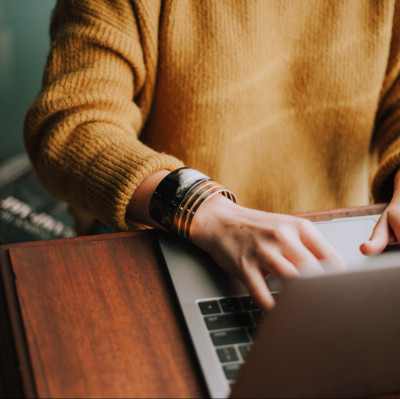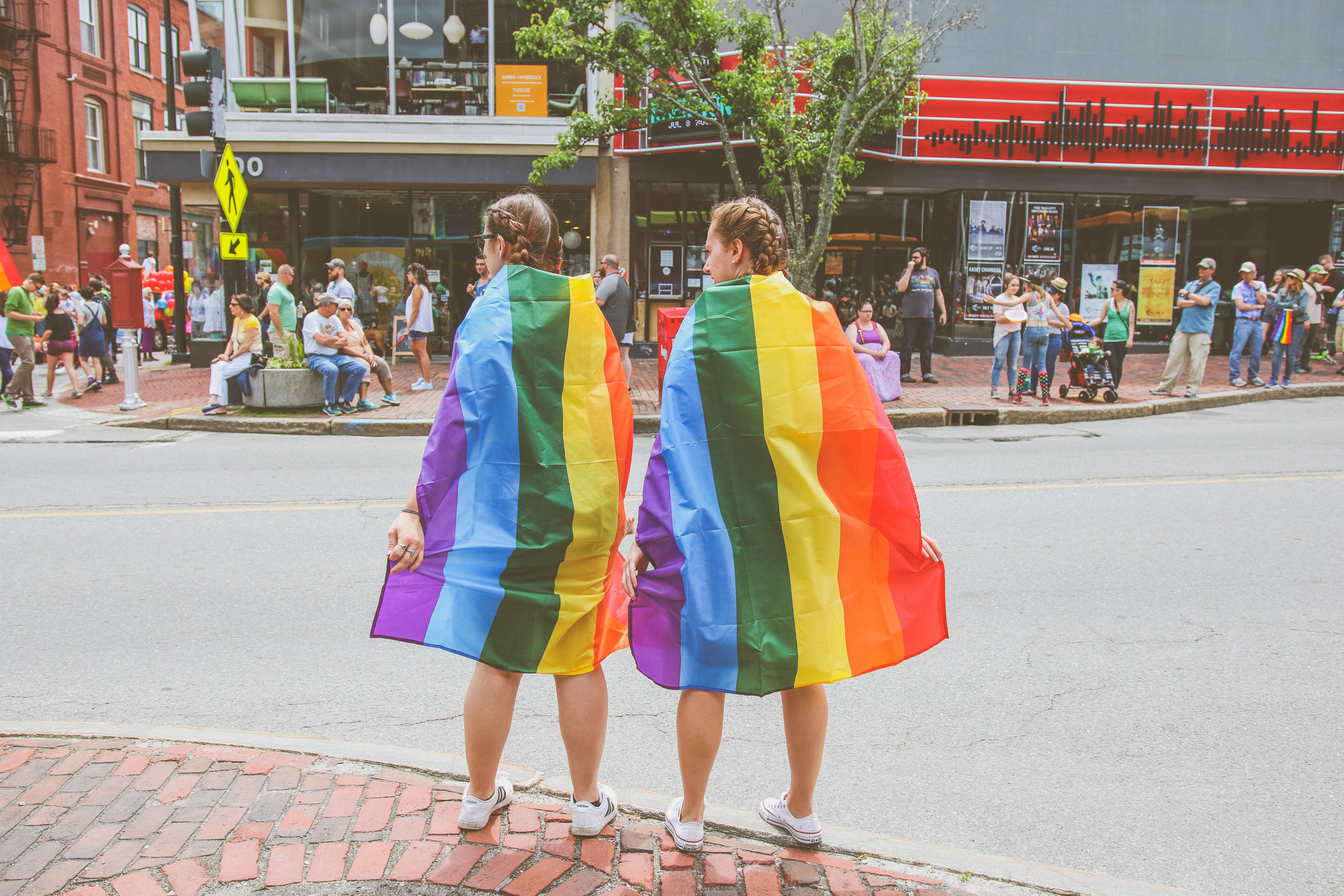How Stigma and Identity Played a Part in My Eating Disorder
When I was a teenager, someone in my school year had an eating disorder. I don’t feel great saying this but I don’t remember it being a huge thing at our school. I wasn’t close friends with her and there were always rumblings around our year group that it was pretty typical. I guess I never questioned the cynicism because she was exactly what the media would portray: young white female, popular and arguably the type of person who loved attention. We didn’t know the ins-and-outs of it all but kids being kids, we made our assumptions and stuck to it.
I think a lot about the attitudes I had at school. I think about how I treated my friends and other people in my year. I sometimes wondered if my own eating disorder was a kind of karma.
My eating disorder wasn’t the same. I was in my twenties, introverted and overweight.
I had just ventured off to university, excited that I might be able to reinvent myself away from home, especially in relation to my sexual identity. I had heard that university had given many people the confidence, friendships and space to be themselves, to understand themselves and that’s everything I wanted.
That was possibly the problem though. I had so much hope in my university experience and it never amounted to what I had thought. I was excited about all this freedom and opportunity that university could give me, except it didn’t. I felt more restricted and not in control as I did at home.
Everything about university was overwhelming: halls, the work, the socialising. Plus, all of those practice interactions I had practiced in my head were way too terrifying when I finally got there. What if they think I’m weird? What if they’re homophobic and I have to live with them for months? What if they tell everyone?
There is a thing about being a lesbian, that you must be a type. Some like to own their lesbian label, but some can use them to judge us. It was in my first week I heard my first lesbian-slur at the SU, perhaps said without malice but it embedded the anxiety that I still have today.
So, back to my ED. I didn’t really notice the change. As I mentioned before, my eating disorder wasn’t what I had seen at school. I was a bigger girl so it never really crossed my mind that it was a risk for me. In all honesty, I thought I was being healthy. I thought that the confidence I needed might come from ‘upgrading’ my appearance; so I did what google, NHS, and pretty much all professionals say – ‘Eat Less, Move More.’ The confidence never came, but I did finally find a friend, my ED.
I’m not going to go into the ins and outs of my eating disorder because there is plenty of information out there already about what that might have looked like and the behaviours, thoughts and feelings I might have had.
What I did want to say and highlight though is the impact stigma can have on different groups in society. Eating disorders are so complex, there isn’t a single cause or on/off button, but it is my belief that the conflict I had with my identity and the societal perception of being a lesbian was a huge contributor to my deteriorating mental health.
Would I have not had an eating disorder if I felt more comfortable with my sexuality? I guess there isn’t really a way of knowing, but possibly.
What strengthened my recovery journey was self-acceptance and understanding who I am and how that is not defined by anyone else but me. But it wasn’t easy. The fear of being outted, being shamed, being discriminated against still haunts me – but today I’m proud of who I am and I have surrounded myself with a supportive and understanding community (one that got me through my eating disorder and university course I might add!)
The great thing about Pride month is that people are listening. Maybe you’re reading this to learn more about LGBTQIA+ experiences; maybe you are going through something similar or perhaps you accidentally stumbled upon this some other way. I know there isn’t much advice here, but keep on listening. In fact, revise the language you’re using! Don’t call something ‘gay’ as an insult or derogatory statement – and that goes for any other LGBTQIA+ labels you might be using, even if you ‘don’t mean to.’
If we can be more supportive of each other, whether that be about our sexuality, gender identity, age, culture, religion (or anything that would ‘other’ us), I really believe that it would promote mental health and wellbeing in a lot of lost and confused young people like me and contribute to any other preventative measures around depression, anxiety and (of course) eating disorders.
Today. I am working, thriving and happy. I’m not a preacher but when I’m presented with an opportunity I will advocate for others. Because it’s important. Thanks!

Contributed by Anonymous
If you’d like to write for us, but wish to publish anonymously please let the team know. Visit our ‘Write for Us‘ page to learn more.


